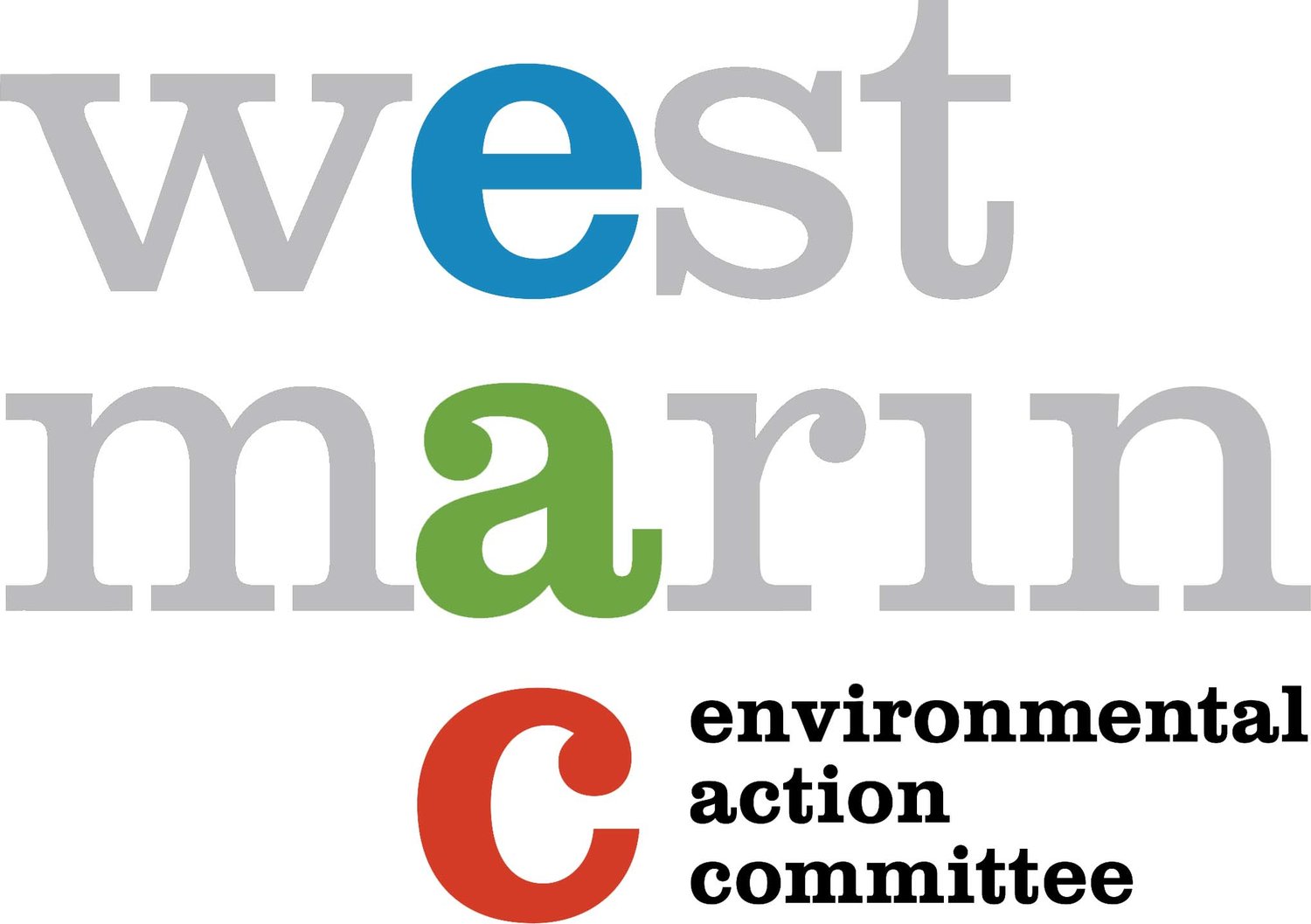We Are Beaver Believers!
As California grapples with the impacts of our changing climate – including drought and wildfire – research is taking place to better understand the vital role of beavers as keystone species in watersheds. Historically, beavers lived in virtually every stream in North America, but by the 1800s, they were eliminated from most of their range due to trapping, hunting, and removal as a pest or nuisance. Today, they are largely absent from Marin County, but there is evidence they were present prior to European contact.
Beavers are skilled waterway engineers that provide ecosystem benefits to other species by creating wetlands, riparian, and wet meadow habitats. These habitats created through Beaver activity increases biodiversity, improves water quality, repairs eroded channels, reconnects streams to floodplains, and recharges groundwater. In a 2020 study, researchers showed that beaver-dammed wildlife corridors were relatively unharmed by wildfire compared to areas without beaver dams.
These benefits have caught the attention of the State of California. In 2022, California Department of Fish and Wildlife (CDFW) received funding to develop methods for nature-based restoration solutions involving beavers. In 2023, CDFW will begin outlining a programmatic plan for the restoration of beavers at specific sites throughout the state. That same year, CDFW in partnership with the Maidu Summit Consortium, conducted its first beaver conservation translocation in nearly 75 years.
Prior to the State’s actions, we participated in a 2021-2022 feasibility study commissioned by the Occidental Arts & Ecology Center assessing the potential to reintroduce beavers in western Marin County. We would like to thank EAC board director Jerry Meral who took the lead on community outreach, obtained letters of support from private property landowners, the County of Marin, and Marin Water in support of beaver reintroduction.
We are actively working with a coalition of beaver believers to support CDFW’s efforts for beaver reintroduction at headwater sites and with tribes; provide outreach and education to community members; and work on regulatory gaps, like addressing the issue that beavers are still listed as a nuisance rodent that allows for depredation permits to be issued to remove beavers.
In February 2024, our local Assemblymember, Damon Connolly, introduced AB 2196. EAC is enthusiastically supportive of this bill. Executive Director Ashley Eagle-Gibbs, was quoted Assemblymember Connolly’s press release stating:
“Beavers have long been recognized as fundamental to creating and preserving healthy habitat,” said Ashley Eagle-Gibbs, Executive Director, Environmental Action Committee of West Marin. “AB 2196 opens the door for the science-based management of this species. This is consistent with our state's 30x30 goals, helps contribute to wildfire mitigation strategies, and preserves water-rich ecosystems for the benefit of wildlife and humans alike. The Environmental Action Committee of West Marin supports the bill including supporting partnerships with California Native American tribes and nonprofit organizations. We are excited to see beaver reintroduction moving forward in California, and we thank Assemblymember Connolly for his leadership on this important issue.”
A potential reintroduction site in West Marin includes a portion of Lagunitas Creek. We are looking forward to engaging in this work and exploring the benefits that beaver reintroduction could bring to West Marin.
Learn More
Assemblymember Connolly Codifies & Expands Beaver Restoration Program, press release by Office of District 12 Assemblymember, Damon Connolly
A visit to Doty Ravine Preserve, blog post by Legal & Policy Intern, Christopher Mouawad
CDFW Conducts First Beaver Conservation Translocation in Nearly 75 Years
Beaver in California, Creating a Culture of Stewardship, publication by the Occidental Arts & Ecology Center
Smokey the Beaver: beaver-dammed riparian corridors stay green during wildfire throughout the western United States, Ecological Society of America
Beaver dams may buffer against temperatures that threaten sensitive species, Public Library of Science
Learn about the North American Beaver (Castor canadensis), a vital part of aquatic ecosystems across North America that came close to extinction in California by the late 1800s. Kate Lundquist of the Occidental Arts and Ecology Center WATER Institute shares the historic and current plight of this keystone species at EAC’s 2022 Point Reyes Birding and Nature Festival. You will learn interesting facts about its remarkable biology and how beavers can benefit humans and the environment. Kate will share how ten years of collaborative restoration and research are setting the stage to bring back the Beaver in Marin County and other areas across California and how she is helping urban and rural communities restore watersheds, recover endangered birds, fish and frogs, and increase resiliency to drought and wildfires through this program.



